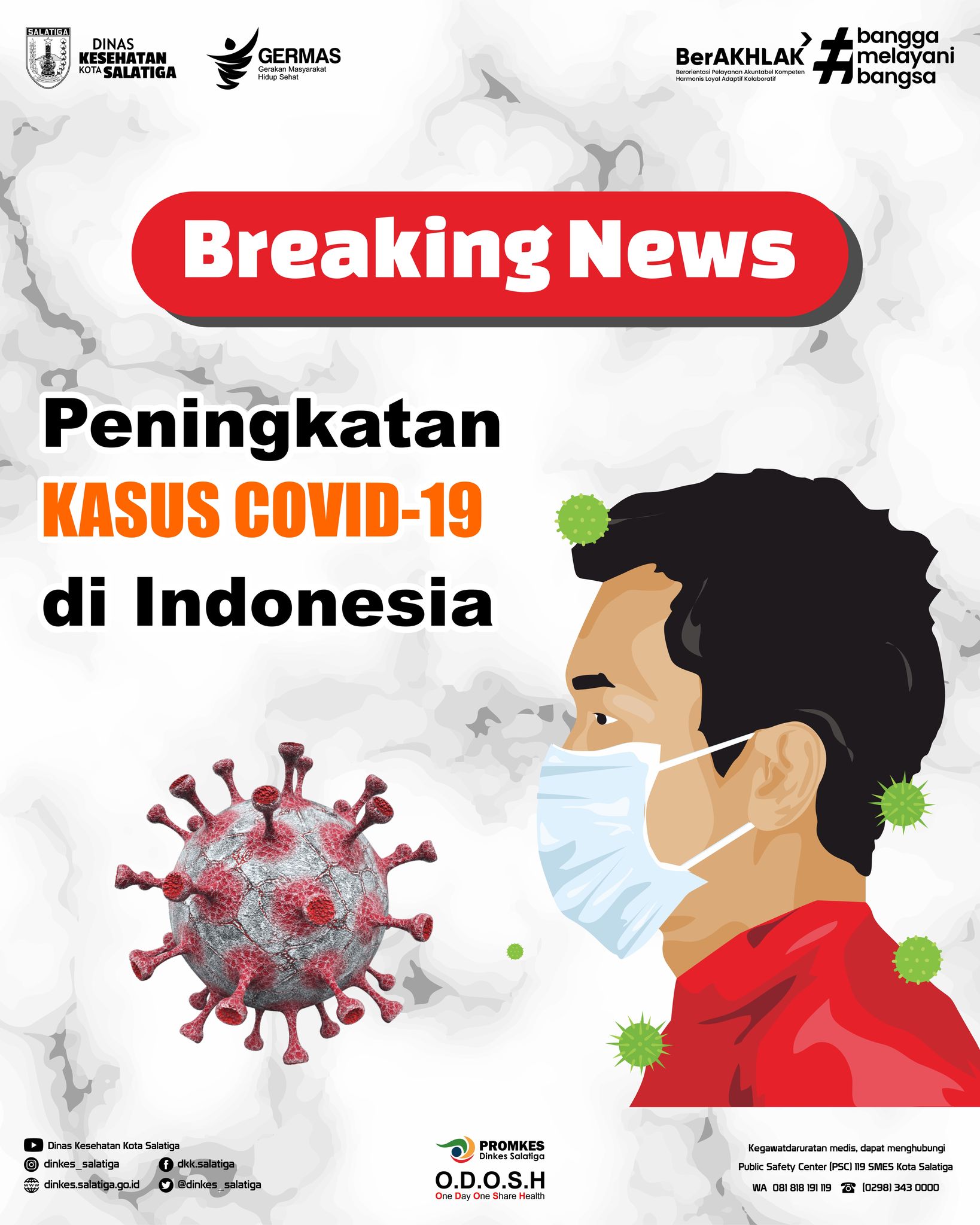My journey since then has been a revelation. Through years of personal experimentation, research, and working with healthcare providers, I’ve transformed my digestive health. The bloating, unpredictable bowel movements, and constant discomfort that once ruled my life have reduced by about 80% – not through any miracle cure, but through consistent, informed choices about how I eat and live.
The Gut-Body Connection: More Important Than You Think

When I first started experiencing digestive issues, I thought it was just an annoying inconvenience. What I didn’t realize was how deeply my gut health was connected to virtually every aspect of my physical and mental wellbeing.
The human digestive system is home to trillions of bacteria and other microorganisms that make up what scientists call the gut microbiome. This internal ecosystem doesn’t just help digest food – it influences our immune system, mental health, energy levels, and even our skin condition.
I learned this connection firsthand when resolving my gut issues coincided with improvements in problems I never thought were related – my seasonal allergies became less severe, my skin cleared up, and most surprisingly, the brain fog that had plagued me for years began to lift. Research now confirms these connections aren’t coincidental – they’re directly linked to gut function.
One study from the University of Indonesia found that participants who improved their gut health reported 40% fewer upper respiratory infections and significant improvements in mood stability. This research simply confirmed what my body had already demonstrated – a healthy gut supports a healthy everything else.
The Foods That Changed My Gut Health Forever
My digestive transformation began with food, and that’s where I recommend most people start. After keeping a detailed food diary for three months, patterns emerged that helped me identify both trigger foods and healing foods for my particular system.
The most significant positive changes came from incorporating these gut-supporting foods into my daily diet:
Fermented foods became my not-so-secret weapon. I started with small amounts of tempeh (a traditional Indonesian fermented soybean product) and worked my way up to enjoying various fermented foods several times weekly. The live bacteria in these foods help repopulate the gut with beneficial microbes. Beyond tempeh, I incorporated yogurt with active cultures, kimchi, and homemade sauerkraut.
Fiber-rich foods made an enormous difference, though I learned to introduce them gradually. Rushing into a high-fiber diet can actually worsen symptoms initially. I started slowly adding more vegetables, fruits, legumes, and whole grains. Sweet potatoes, bananas, and oats became particularly helpful staples that seemed to soothe my digestive system rather than irritate it.
Prebiotic foods were a game-changer once I understood their role. These foods contain types of fiber that feed the beneficial bacteria in your gut. Garlic, onions, leeks, asparagus, and slightly unripe bananas all contain prebiotic compounds. Adding these to my meals helped nurture my improving gut microbiome.
Anti-inflammatory foods also played a crucial role. Ginger became a daily habit, either in tea form or added to meals. Turmeric with a bit of black pepper (which enhances its absorption) also helped reduce digestive inflammation. I make a simple turmeric tea with a pinch of pepper that has become my evening ritual.
Just as important was identifying the foods that triggered my symptoms. Through careful elimination and reintroduction, I discovered that gluten, excessive dairy, and ultra-processed foods reliably caused flare-ups for me. Alcohol and caffeine in large amounts were also problematic.
I want to emphasize that trigger foods can vary tremendously between individuals. What disrupts my system might be perfectly fine for yours. The key is methodical identification of your personal triggers rather than following generic elimination lists.
Beyond Food: Lifestyle Factors That Impact Digestive Health
While dietary changes formed the foundation of my gut healing journey, I eventually realized that several non-food factors were equally important for maintaining digestive wellness.
Stress management became non-negotiable when I noticed that even with perfect eating, high-stress periods would trigger digestive symptoms. The gut-brain connection is powerful and bidirectional – stress affects digestion, and digestive issues increase stress. Breaking this cycle required building stress-reduction techniques into my daily routine.
I began practicing diaphragmatic breathing for just 5 minutes each morning and before meals. This simple practice activates the parasympathetic nervous system – the “rest and digest” mode that optimizes digestive function. During particularly stressful periods, I extended these sessions and added evening meditation.
Sleep quality emerged as another critical factor. When I tracked my symptoms alongside my sleep patterns, the correlation was undeniable. Nights of poor sleep were often followed by days of digestive distress. I created a consistent sleep schedule and pre-bed routine that helped regulate both my sleep and, consequently, my gut function.
Physical activity – but the right kind and amount – made a tremendous difference. I discovered that gentle movement like walking, swimming, and yoga supported healthy digestion, while very intense exercise sometimes triggered symptoms. A daily 30-minute walk after dinner became both a digestive aid and a stress reliever.
Meal timing and habits required attention too. I had developed a pattern of irregular eating – skipping breakfast, having a rushed lunch at my desk, then overeating at dinner. Switching to regular mealtimes, sitting down without distractions, and chewing thoroughly improved my digestion noticeably. I now try to have my last meal at least 3 hours before bedtime, which has improved both sleep quality and morning digestive comfort.
When to Try Probiotics (And When to Skip Them)
Probiotics – beneficial bacteria that can be taken as supplements – are often presented as a cure-all for digestive issues. My experience with them has been mixed and taught me they’re not appropriate in all situations.
I first tried probiotics without guidance, randomly selecting a product from the pharmacy. This scattershot approach provided no benefit and actually increased my bloating. Later, after proper testing and consultation with a healthcare provider, I tried a specific strain that had been studied for my particular condition, with much better results.
Here’s what I’ve learned about using probiotics effectively:
Strain specificity matters enormously. Different probiotic strains have different effects in the body. For example, Lactobacillus acidophilus may help with lactose digestion, while Bifidobacterium infantis has been studied for IBS. Generic “probiotic blends” without identified strains and amounts are often minimally effective.
Quality and viability are crucial. Many probiotic products don’t contain the amounts listed on their labels, or the bacteria aren’t alive by the time you take them. I learned to look for products with specific information about CFUs (colony-forming units), strain identifications, and proper storage requirements.
Some conditions actually worsen with probiotics. When I was experiencing symptoms of SIBO small intestinal bacterial overgrowth probiotics exacerbated the problem. This taught me that probiotics aren’t universally beneficial and should be used with specific purposes and conditions in mind.
How I Maintain My Digestive Health Today
After 15 years on this journey, I’ve developed a sustainable approach to maintaining digestive wellness that balances effectiveness with practicality. My current routine isn’t perfect or rigid, but it keeps my symptoms minimal while allowing flexibility to enjoy life.
My daily non-negotiables include starting each morning with room temperature water with lemon, eating fermented foods at least 4-5 times weekly, including prebiotic-rich foods in most meals, taking a post-dinner walk, practicing brief diaphragmatic breathing, and maintaining consistent meal timing.
I’ve also learned to listen to my body’s signals rather than following rigid rules. Sometimes my system handles foods differently based on stress, sleep, and other variables. This balanced approach has allowed me to maintain approximately 80% improvement from my worst digestive days, which feels like a sustainable success.
When to Seek Professional Help
While lifestyle and dietary changes resolved many of my digestive issues, there were times when professional medical help was essential. Based on my experience, here are key indicators that it’s time to consult a healthcare provider:
Persistent symptoms that don’t improve with basic adjustments deserve professional attention. I wasted nearly two years trying to resolve my issues through internet research alone, when earlier medical consultation would have accelerated my progress.
Any alarming symptoms should prompt immediate medical evaluation. These include unexplained weight loss, blood in stool, severe persistent pain, difficulty swallowing, or vomiting.
Symptoms that significantly impact quality of life deserve attention even if they’re not medically dangerous. Digestive issues were affecting my work performance, family relationships, and mental health – all valid reasons to seek help.
My 15-year journey from digestive distress to wellness has transformed not just my gut health but my overall quality of life. The daughter’s birthday party I missed became a turning point that ultimately led to better health, greater knowledge, and the ability to fully participate in life’s important moments.
If you’re struggling with digestive issues, I encourage you to start your own journey toward improvement. The path may not be quick or simple, but the rewards of digestive wellness extend far beyond the gut itself – they can truly transform your entire life.



